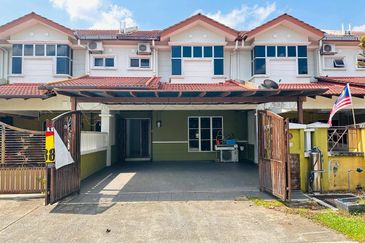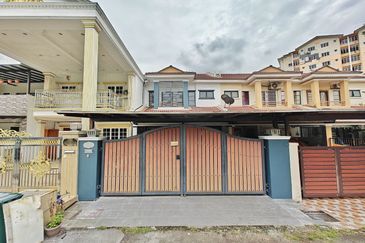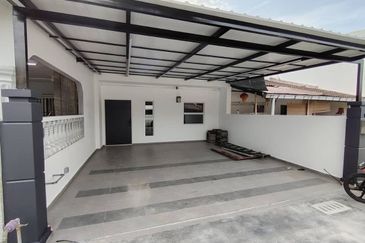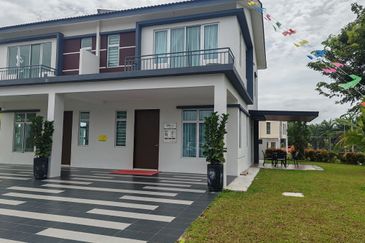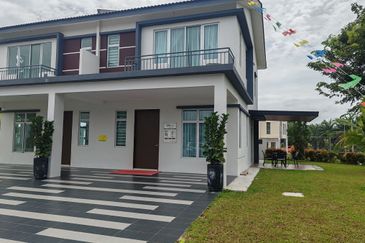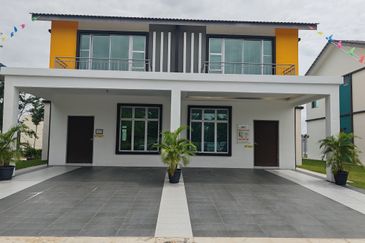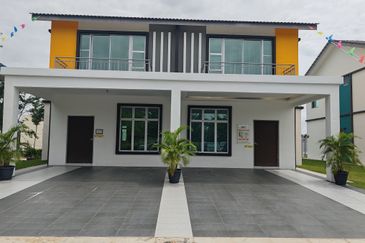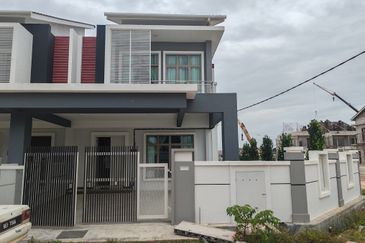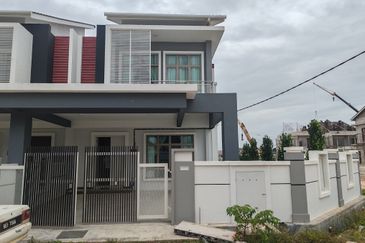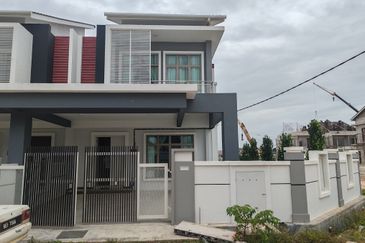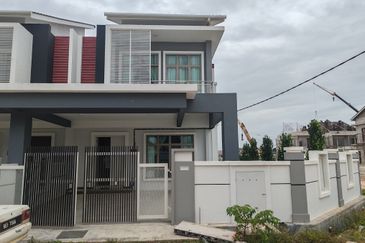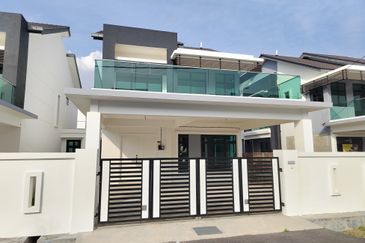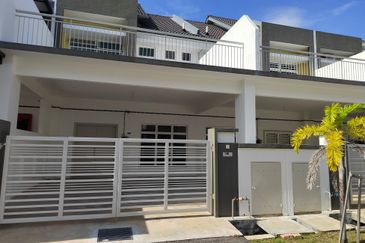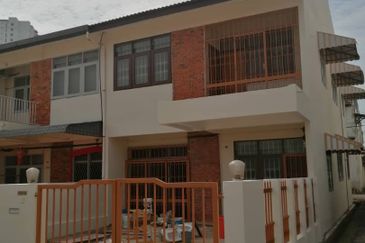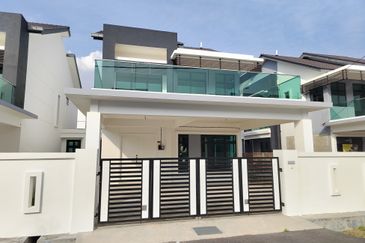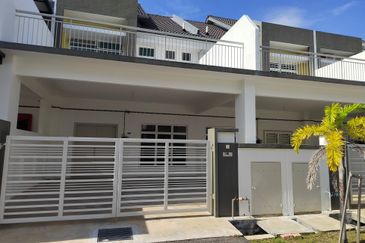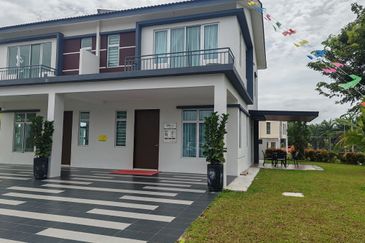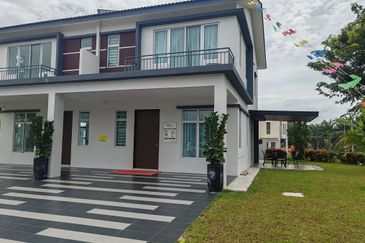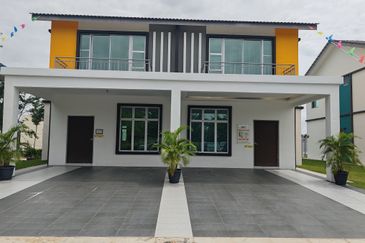
While Malaysia may have numerous laws and regulations with regards to fire safety in buildings, proper enforcement of these laws remains a question mark.
Members of the audience at the EdgeProp.my Symposium 2017 “Is your home a fire hazard?” on Oct 14 questioned how safe their homes really are and whether there was enough enforcement to ensure that the buildings they reside in are safe. Their concerns were raised during the symposium’s panel discussion session titled “Myths vs reality”.
On the panel were Energy Commission Malaysia’s Department of Regulatory Electrical Safety Equipment Unit regulatory officer Nur Faidarina Alias, Architect Centre Sdn Bhd accredited building inspector and trainer Anthony Lee Tee, and Fire and Rescue Department Malaysia (Bomba) Fire Safety Division assistant commissioner Hamdan Ali. The discussion was moderated by EdgeProp.my managing director and editor-in-chief Au Foong Yee.
Au noted that the tragic case of the Grenfell Tower fire in London has alerted the public about fire safety in their buildings, as people’s lives could be saved if a building is designed with fire safety features and residents are well-educated with fire prevention and safety knowledge.
Lee said that in the Grenfell Tower incident, one of the possible reasons the fire spread so quickly was the plastic-filled panel cladding on the building.
* Urgent need to spread fire-safety knowledge
* Is your building a death trap?
* Are we living dangerously?
* The cost of fires
* Steps to keep our homes safe from fire
* Electricity — friend or foe?
* Burning questions
However, way before that incident, Bomba had already tested the material back in 1997 and had banned the usage of this material in Malaysia for buildings above the height of 18m.
“For the buildings that are using this kind of material and built before 1997, we have set up a consultative committee to look into the problems related to the use of this material and find ways to enhance fire safety in these buildings, and let the owners understand the risk,” Lee revealed.
Hamdan then noted that the said material is allowed for use in buildings below the height of 18m (or around six storeys) simply because the fire engine’s ladder could reach only up to that height.
He said laws and regulations pertaining to fire safety in Malaysia have been amended from time to time, to enable local authorities to ensure that new building projects fulfil the fire safety criteria.
However, the panellists agreed that there is a need to inspect the safety features of a building every now and then to make sure every element is functioning and managed well. New systems and additional safety features could also be installed.
The panellists also concurred that residents themselves as well as joint management bodies (JMBs) and management corporations (MCs) play vital roles in this respect as they have the decision-making rights.
For instance, the installation of more fire alarms in a building or in every residential unit involves extra costs and therefore will need the JMB or MC’s efforts in explaining the rationale and getting the owners’ approval for the installation.
Building audit
A member of the audience had also suggested that a building audit be done and be included in the annual audit by JMBs and MCs.
In response, Lee said although there is currently no requirement for JMBs or MCs to include the building audit as part of their annual audit, it’s something worth considering.
“One can get an independent expert to check the overall safety of the building,” he suggested.
Hamdan added that Bomba is available to provide the necessary expertise and service if a building needs fire safety inspection.
He also reminded homeowners to annually check their fire extinguishers they have at home to make sure they function well.
In terms of the choice of fire extinguishers that one should have in hand at home, the ABC dry powder type is adequate for fires on burnt solids while the CO2 type is for fires caused by electrical leaks.
Certified electrical appliances
Meanwhile, Nur Faidarina from the Energy Commission noted that besides the building itself, homeowners need to beware of uncertified electrical appliances and unsafe wiring systems as these are among the main causes of fire break-outs.
For safety reasons, all electrical appliances must obtain a Certificate of Approval for the importation or manufacturing of electrical appliances or equipment. This is required by the Malaysian Electricity Regulation 1994.
Approved electrical equipment or appliances will be affixed with safety labels before being sold to the public.
To avoid electrical fires, Nur Faidarina also reminded homeowners to check their home electric panel box by pressing the “T” button every month to make sure it is functioning well. In case of electrical leaks, it might save one’s life, she added.
In conclusion, fire safety is the responsibility of not just the homeowners but also the approving authorities, developers, architects, contractors and property managers. All have their roles to play so the impact could be reduced in the event of a fire.
To report a fire, many might be confused with the correct number to dial. Hamdan said if residents do not have the contact number of the nearest fire station, the safest way is to “keep calm and dial 999”.
The half-day symposium was organised by EdgeProp.my. The presenting sponsor was Gamuda Land while Nippon Paint Malaysia was the supporting sponsor. It was also supported by The Edge Malaysia.
This story first appeared in EdgeProp.my pullout on Oct 20, 2017. Download EdgeProp.my pullout here for free.
TOP PICKS BY EDGEPROP
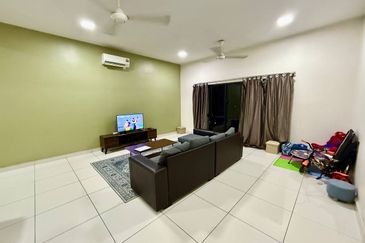
Lake Vista Residence (Tasik Vista Residen)
Cheras, Selangor


